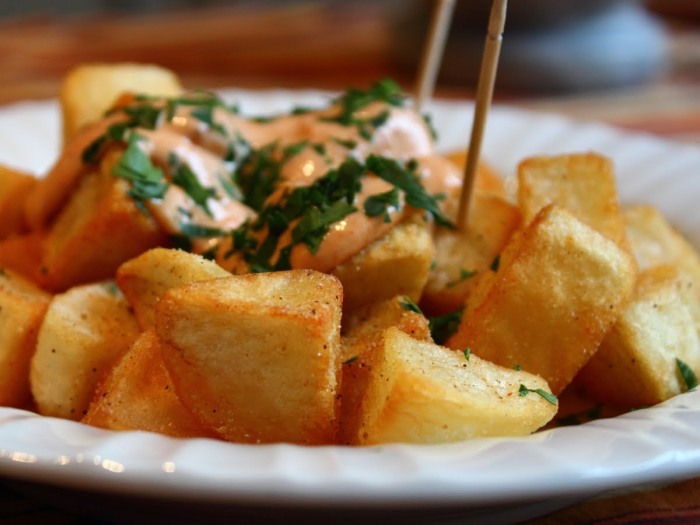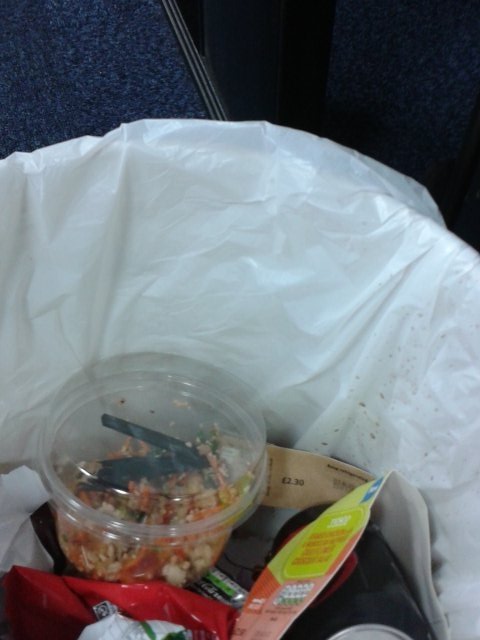
I CAME home from work to absolute silence. This should be normal as I live alone. I was not expecting a samba parade or a Beyonce concert or a Virgin East Coast coach.
Nevertheless, it was unusually quiet, and it took me a little while to put my finger on what was wrong. There was no whirring sound from my fridge, the background noise to my home life.
I walked into the kitchen to discover that one of the circuits in my flat had been tripped while my washing machine was mid-cycle.
Investigation the next morning revealed that the washing machine itself was the culprit. Further investigation revealed that broken washing machines do not drain themselves. Even further investigation revealed that sopping wet bed linen is quite heavy when you carry it a mile down the road to the nearest launderette.
I called my long-suffering lettings agent when I returned. “Washing machine broked. So sad. Please help,” I attempted to explain through the tears. She sighed and promised to send a man.
“And what’s wrong with it?” he asked.
I decided it was not a trick question. “It keeps tripping the circuit,” I said, pretending I knew what that meant. “Hmm,” he said thoughtfully. “I’d better (Is that the kettle on? Black coffee, no milk, one sugar) pull it out and see what’s wrong with it.”
While I made a bad coffee, the man pulled the washing machine out and saw what was wrong with it. “Dear oh dear oh dear oh dear oh dear,” he repeated for about eight minutes while shaking his head.
“This is what we call in the trade ‘beggared to feck’,” he said eventually, using some different vowels. “It must have been leaking for months. Didn’t you notice?”
“No!” I said, offended that he would imagine I could be so unobservant.
“I mean,” he said, “it must have been taking ages to wash. A couple of hours?”
“Oh,” I said. “I… I just thought it was a feature.”
“Dear oh dear oh dear,” he began again. “Well, there’s nothing I can do to fix this. It’s rusted to feck,” he said, using just one different vowel this time. “You’re going to have a new one. I’ll put the order in. Won’t be me, though, I’m off on my holidays.”
He began to put away his tools and drink his terrible coffee, while asking me a series of questions about my life, previous conduct, and personal ethics, which was so comprehensive it led me to conclude he was writing my definitive biography and was delighted to grab some time with the reclusive Gary Bainbridge.
Then, as he dropped the last screwdriver into his box he said: “What’s that noise?”
“Noise?” I said. “A train?”
“No, that whirring sound,” he said.
“Oh, that’s just my fridge,” I said.
“And how long has it been making that noise?”
“Dunno,” I said.
“Let me guess,” said the washing machine man. “You thought it was a feature.”
I shrugged, while he opened the cabinet which houses the fridge. “This fridge isn’t closing properly,” he said. “Hadn’t you noticed?”
“I don’t know!” I said. “I just close it. I’m not a… a fridge man.”
“Dear oh dear oh dear oh dear,” said the washing machine man. “This must be costing you a fortune in electricity. It’s going to have to come off.”
“What? No!” It was too late. He began jemmying off the cabinet door attached to the fridge door. Something fell at the back. “That’ll be a hinge,” he said. “What?” I said.
He lifted the cabinet door down and closed the fridge door. The whirring noise stopped.
“There you go,” the washing machine man said, handing me the door. “You’ll need to get that put back on again. I can’t see the hinge. They’ll have to pull the fridge out.” He looked me up and down. “It’s a two-man job,” he explained.
“Right, I’m off on holiday now. Bye,” he said, and he vanished in a puff of smoke.
It has been very quiet in my flat since then. Although my milk is colder than it’s ever been.




